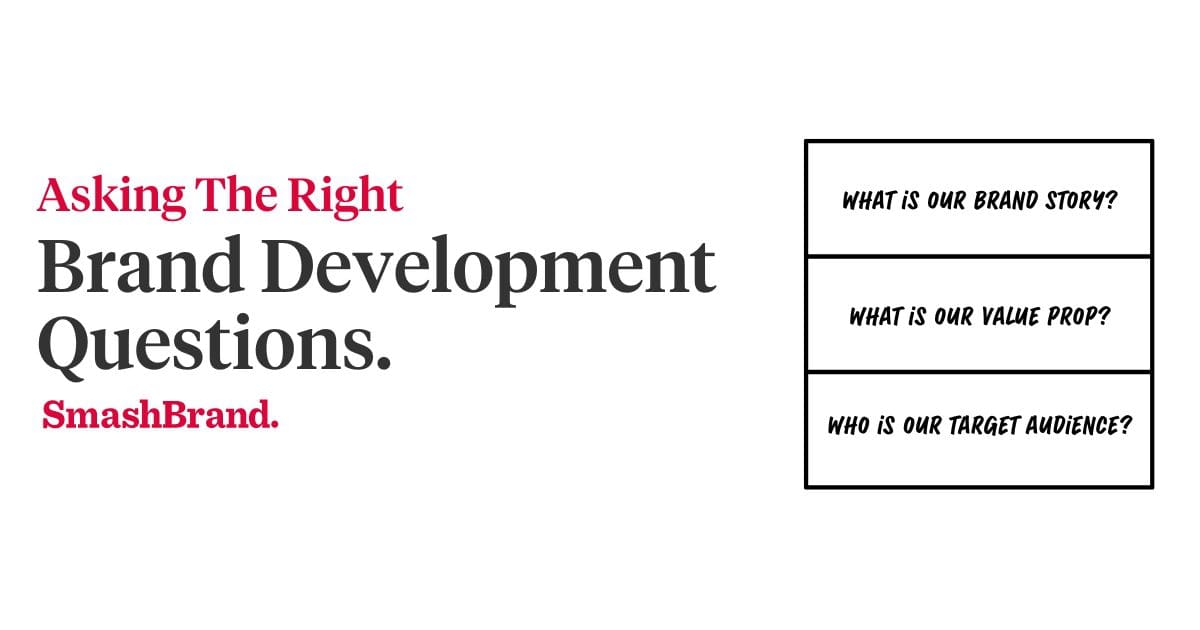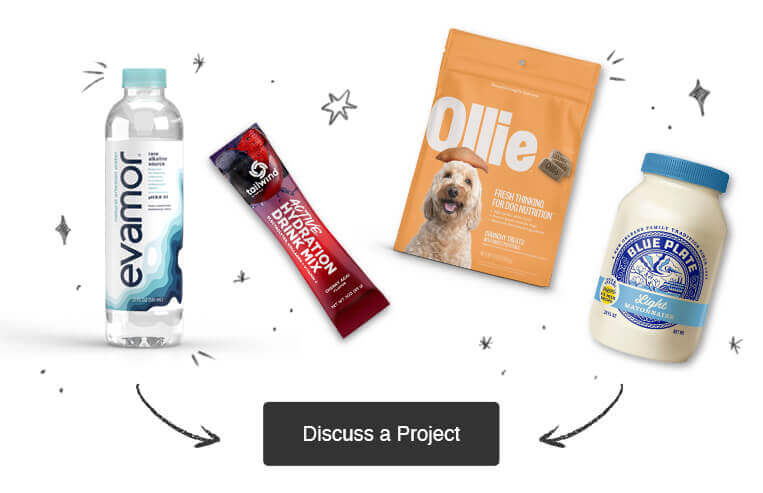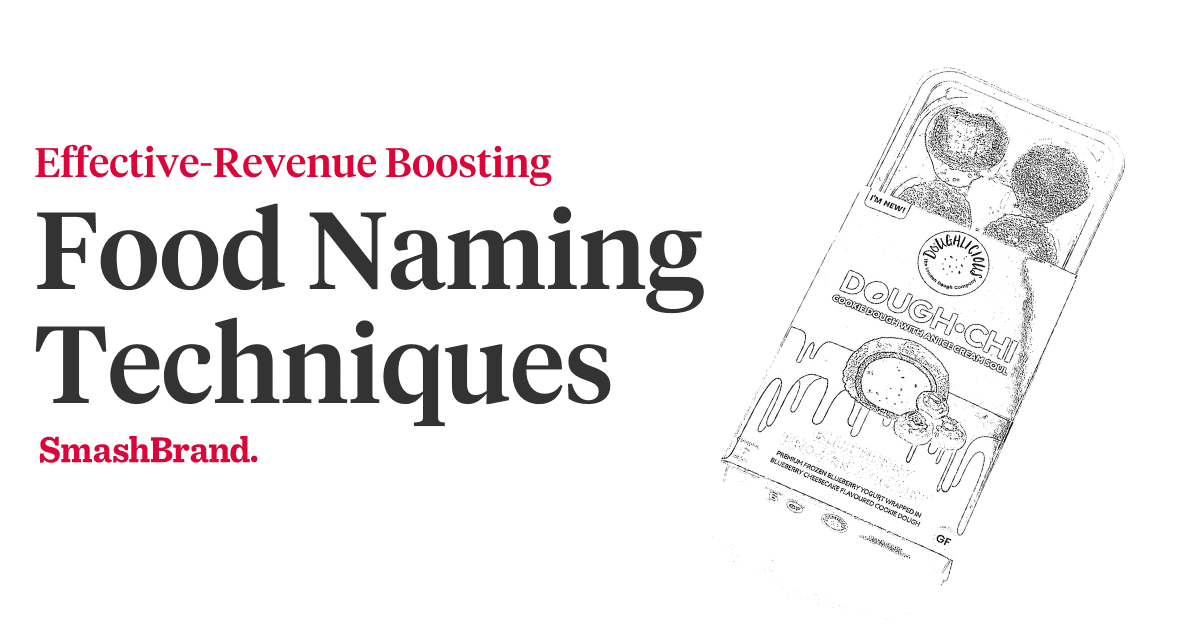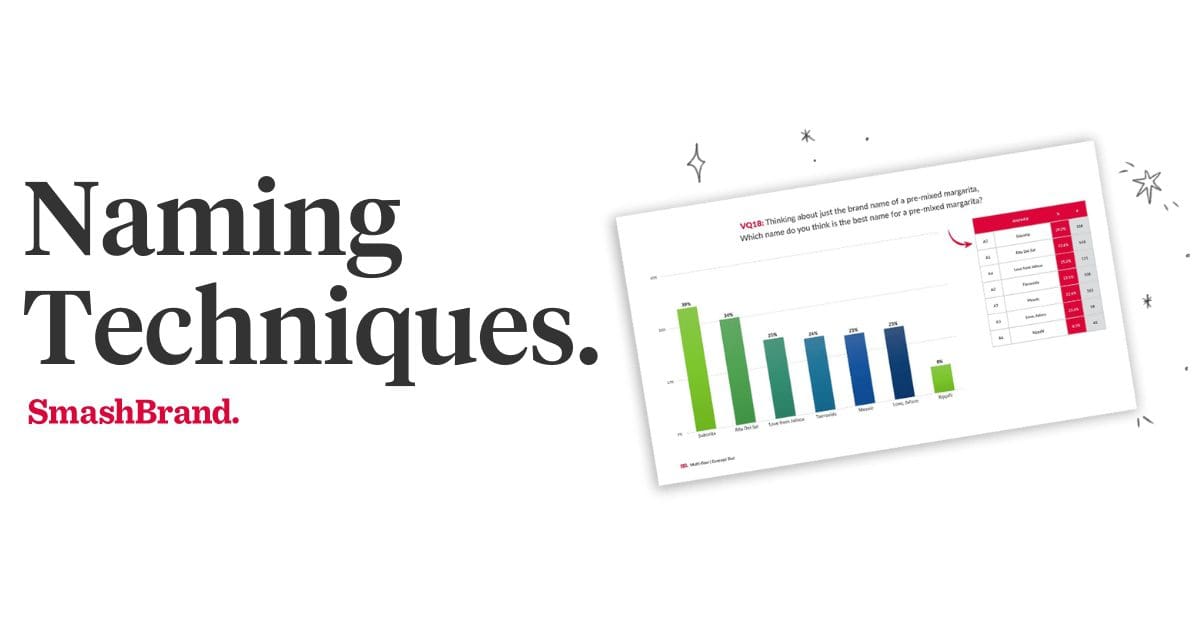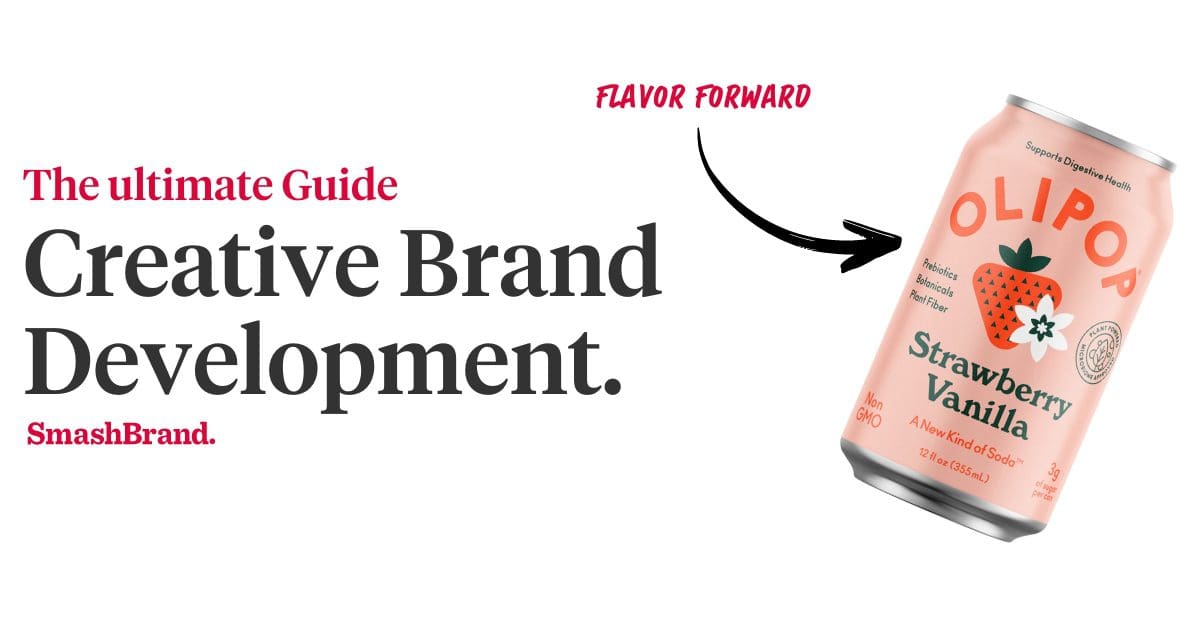Developing a brand from scratch is both time-consuming and challenging. There are many hurdles, such as targeting the right market and differentiating the brand and its offerings. Asking the right brand development questions before starting the journey smoothens the process and sets the course in the right direction.
These brand development questions act as a foundational blueprint, guiding companies through the intricate process of defining their purpose, values, target audience, and unique selling proposition. Companies can use this blueprint to unlock the secrets to creating an authentic brand that resonates with their target customer group. It also sets them apart from their competitors in a crowded marketplace.
This article will teach you how to develop a comprehensive branding questionnaire that you will use to craft a compelling brand development strategy. You will also learn to tailor your brand strategy for a specific market segment. This article also discusses essential tactics, such as leveraging social media platforms to find answers and guide your strategy.
Importance of Brand Development Questions
Asking the right questions during brand development is pivotal because it lays the groundwork for a well-defined brand identity. This powerful asset can propel a business toward success by giving the brand a distinct identity that penetrates their particular industry.
A strong brand identity cultivates brand recognition, making it easier for customers to recall and connect with a company’s products or services. It fosters customer loyalty, as consumers tend to gravitate toward brands that align with their values and resonate with their personal branding aspirations.
Investing in a thoughtful brand development process enhances brand value and streamlines marketing strategies. It provides a clear brand guideline, ensuring consistency across all touchpoints and enabling businesses to effectively communicate their unique value proposition. A well-defined brand identity guides companies toward sustainable growth and long-term customer relationships.
| Question | Purpose |
| What’s your brand story? | Understand the brand’s history, purpose, and personality |
| Who is your ideal customer? | Identify the target audience and their needs/preferences |
| Who are your main competitors? | Analyze the competitive landscape and differentiate your brand |
| What are your core brand values? | Define the principles and beliefs that guide the brand |
| What is your unique brand value proposition? | Articulate what makes your brand distinct and valuable to customers |
| What is your brand personality? | Describe the human-like traits and characteristics of the brand |
| What is your brand voice and tone? | Establish the style, language, and emotional expression of the brand |
| What is your brand’s visual identity? | Develop the logo, colors, typography, and other visual elements |
| How do you want customers to perceive your brand? | Understand the desired brand image and reputation |
| What are your brand’s key messaging themes? | Identify the main ideas and narratives to communicate about the brand |
| How will you measure brand success? | Determine the key performance indicators and goals for the brand |
| How will you bring the brand to life? | Plan the implementation and activation of the brand across touchpoints |
Understanding Your Business
A comprehensive understanding of the business is the first step to refining or establishing new brand development. Using a branding questionnaire will help you uncover your organization’s essence, the foundation for building an authentic brand. Start with basic questions like why your brand exists and its purpose. An emerging small business will not survive against the big names in a competitive landscape without having a solid purpose.
Asking questions related to your brand’s purpose will motivate your company’s choices. It will also inform the branding and messaging you use to communicate with your target audience. Remember, the brand’s purpose must resonate perfectly with like-minded people who will become your loyal customers.
Examine (or imagine) your existing brand. Assess its strengths, weaknesses, and areas for improvement. For small businesses or those embarking on a new brand development journey, these questions will help establish a solid brand identity from the ground up. Understand your brand’s story and brand value. Create a brand experience that fosters loyalty through consistent, compelling campaigns.
Learning About the Target Audience
Successful product brand development focuses on understanding your target audience and the ideal customer. By asking the correct brand development questions, you can uncover valuable insights that will shape a compelling brand identity, foster brand loyalty, and inform an effective marketing strategy tailored to your audience’s needs and preferences.
Ask questions that provide insight into their demographics, such as age, gender, location, income level, and education. Dig deeper into psychographic factors like their values, interests, lifestyles, and personality traits. These elements play a significant role in their purchasing decisions and brand preferences.
Inquire about their daily routines, challenges, and goals to understand their motivations and decision-making processes better. Ask about their preferred communication channels, influencers, and trusted sources of information, as these insights can inform your brand messaging and marketing strategy.
Consider questions that uncover their perception of your industry competitors. Understanding their familiarity with the products or services, pain points, and desired solutions can help you position your brand as the answer to their needs and the ideal choice for your potential customers.
How Does Your Brand Benefit The Customers?
A critical aspect of effective brand development in marketing is understanding the benefits your product or service offers. Brand development questions can find that unique value proposition that will set your offering apart and resonate deeply with the target audience, giving you a clearer understanding for how to reach potential customers through your marketing efforts.
Learn about your customers’ problems or pain points in their daily lives (or operations for B2B). Understand the challenges they currently encounter and the solutions they seek. This insight will position your product or service as the answer to their needs, highlighting its tangible customer benefits.
Explore questions that delve into the desired outcomes or goals your customers wish to achieve. Uncover their aspirations and dreams and how your offering can support them in realizing those ambitions. This understanding will craft a brand narrative that speaks directly to their aspirations, fostering a deeper emotional connection.
Questions for Differentiating Your Brand
Brand differentiation is essential for local, national or global brand development. Therefore, use relevant questions to uncover the unique selling propositions that set your brand apart and compel customers to choose your products or services. Explore questions that delve into core brand development meaning and essence.
Understand what makes your brand truly unique—your values, mission, or innovative offering features. Ask questions illuminating the authentic brand identity you want to cultivate and how it aligns with your target audience’s needs and aspirations.
Consider crafting a brand identity questionnaire that directly compares your brand to competitors. Inquire about the specific advantages, superior quality, or added value that your products or services provide over alternatives in the market. Ask questions that explore emotional connections and aspirational aspects.
With each question focused on differentiating your brand, you’ll gain insights that will inform your brand positioning, messaging, and overall marketing strategy. These insights will enable you to craft a brand identity and digital brand development initiatives that resonate deeply with your target audience. It will set your brand apart from competitors and drive customer loyalty.
Crafting Your Brand Identity
A well-crafted brand identity is the foundation of a successful brand, ensuring consistency and recognition across all touchpoints. Key elements that bring your brand to life and foster lasting connections with your audience are central to this identity.
What is Your Brand Personality?
Your brand personality is the human face of your brand – the unique set of traits, values, and characteristics that shape how your brand is perceived. Defining a distinct brand personality creates a consistent brand identity that resonates with your target audience. It informs your brand voice and tone, guiding how it communicates and interacts with customers across various channels.
Defining Your Brand Voice and Messaging
Your brand voice is the verbal expression of your brand personality, encompassing the language, tone, and style you use to communicate with your audience. Leverage the brand perception survey to uncover insights to guide the brand voice and messaging strategy. Ask relevant questions like the three core values that define our brand. How would our brand communicate and interact with others if our brand were a person?
Explore your target audience’s preferences, pain points, and aspirations. Understanding their communication styles, language preferences, and emotional drivers will help you craft a brand voice that resonates deeply with them. Consider asking questions like
- How does our target audience prefer to receive information (e.g., formal, casual, humorous)?
- What are the common challenges or pain points our audience faces that our brand can address?
- What aspirations or goals does our audience have that our brand can support or enable?
Choosing Your Brand Elements
An effective strategy’s heart is selecting the correct elements for creative brand development. Utilize the branding questionnaire to ensure your brand elements align with your brand strategy. It must resonate with your target audience and contribute to the success of your retail brand development efforts.
Consider branding questions that explore your brand’s positioning and competitive landscape. Understand the visual cues, colors, and symbolism prevalent in your industry. Explore the practical aspects of your brand elements, such as their scalability, versatility, and potential for longevity.
Use the brand identity questionnaire to understand the cost of brand development and the return on investment. Building a high-quality brand may require a high upfront cost, but it can substantially boost brand recognition, customer loyalty, and profits.
Building Brand Awareness
Build strong brand awareness to foster customer loyalty, which is suitable for long-term business success. Implement effective strategies that shape brand perception and drive customer engagement.
How Do You Want Customers to Perceive Your Brand?
Brand perception is customers’ collective impression and associations about your brand. It shapes how they perceive your products, services, and overall brand identity. Positive brand perception is vital for building brand awareness, customer acquisition, and retention.
Consider conducting a brand perception survey to understand how customers perceive your brand. These surveys can gauge your brand’s visibility and recognition among your target audience, allowing you to refine your marketing strategies accordingly.
Building Customer Loyalty and Advocacy
Customer loyalty is the hallmark of a successful brand. Loyal customers not only provide consistent revenue streams but also serve as powerful brand advocates, promoting your brand through word-of-mouth and positive online reviews.
Implement a net promoter score (NPS) program to foster customer loyalty. NPS measures customer loyalty and satisfaction by asking customers how likely they are to recommend your brand to others. This metric can help you identify areas for improvement and implement strategies to enhance the customer experience.
Consider offering loyalty programs, personalized experiences, and exceptional customer service to strengthen customer relationships and encourage repeat business. Consistently deliver on your brand promise and exceed customer expectations to cultivate a loyal customer base.
Data-Driven Brand Development That Can Guarantee Sales Performance.
If you need a complete product branding blueprint to ensure your brand’s success, we can help. SmashBrand is a brand development agency that researches, designs, and tests all products to ensure peak shelf performance. Book a time to discuss your project with our team.

